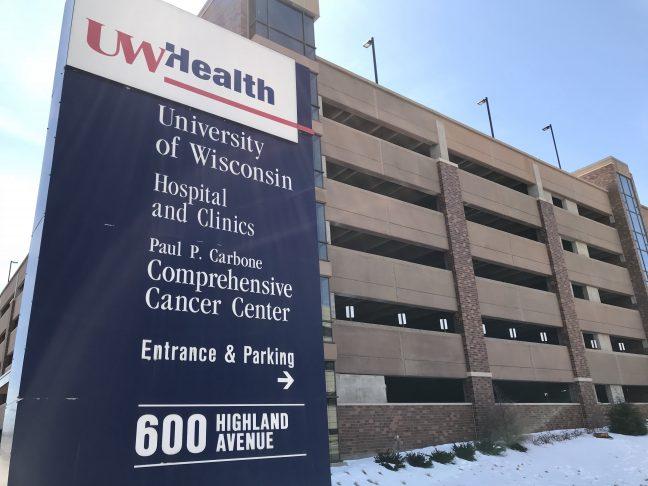Wisconsin Gov. Tony Evers signed a bill expanding access to clinical trials throughout the state earlier this month, placing an emphasis on cancer research and treatment studies.
The bill is intended to help clinical trial participants cover the additional costs of taking part in such studies, including travel and lodging expenses. The bill states that should an organization provide financial assistance to research volunteers, the organization will not be charged with coercion.
Under Wisconsin state law, coercion is defined as a threat that causes an individual to believe acting in a certain way is “the only means of preventing imminent death or bodily harm to the actor or another.”
According to the University of Wisconsin Carbone Cancer Center Associate Director Ruth O’Regan, this definition left room to interpret financial incentives from companies or researchers as coercion.
“I think it was something that was kind of out there, but I don’t think anybody ever came out and said this is coercion,” O’Regan said. “I think the concern was that it [providing financial support for trial participants] might be looked at that way, and that’s why it needs to be clarified.”
O’Regan said Wisconsin’s new guidelines for clinical trial financial aid are a critical step in closing what previously served as a major impediment to clinical trial participation across the state. According to O’Regan, the process of actually participating in a clinical trial does not impact volunteers financially.
O’Regan said should a trial fall under the definition of standard care, participation is covered by a research subject’s insurance company. If a study is not considered standard care, the clinical trial’s sponsor is obligated to foot the bill. By allowing medical research organizations to cover out-of-pocket expenses, the Badger State’s government has effectively eliminated the remaining financial barriers to clinical trial participation — barriers which O’Regan said hit rural Wisconsinites the hardest.
But, concerns related to coercion in clinical research are not unfounded. UW Carbone Cancer Center Director Howard Bailey said Wisconsin — among other states — hesitated to permit incentivizing clinical research out of fear that organizations might attempt to bribe participants or influence their behavior through promising a financial reward to volunteers.
“What might have been built in [to a clinical trial] is that you’re going to get $100 for each visit,” Bailey said. “If your out-of-pocket costs were only ten dollars, was that coercion?”
Bailey said the Carbone Cancer Center fully discloses what their trials entail to volunteers, and believes the majority of medical research organizations are equally as forthcoming — particularly given that a failure to do so is a violation of informed consent.
Bailey warns patients to be wary of both the terms and conditions of clinical research studies, as well as the sponsor of these studies in the interest of self-protection and an abundance of caution.
“People always need to be aware of what is the potential gain and what is the potential risk,” Bailey said. “The sponsor could be a company. The sponsor could be the government. The sponsor could be our local community.”
Clinical trials, in spite of potential risks, are a vital element to the drug development process. In fact, the Food and Drug Administration lists clinical trials as the third mandatory step organizations must take to receive approval to mass-produce and market their products for public consumption.
The FDA also states clinical trial participation could benefit patients — particularly those battling cancer — whose illnesses have not responded to approved treatment methods, or who may not be able to take approved medication due to side effects.
Clinical trials are an integral piece of the medicinal puzzle. O’Regan stated that these studies are employed to tackle illness, disabilities and to improve treatment options for the public. Last month the National Institute of Health began clinical trial research to combat the growing coronavirus pandemic.
O’Regan said medical researchers rely heavily on clinical studies for their work, and believes that Wisconsin’s new trial law will create an environment that encourages and actively pursues patient engagement.
“Clinical trials are critical for us to actually be able to find new medications or improve outcomes for patients,” O’Regan said. “This bill is really just to make clinical trials more feasible for outpatients.”


